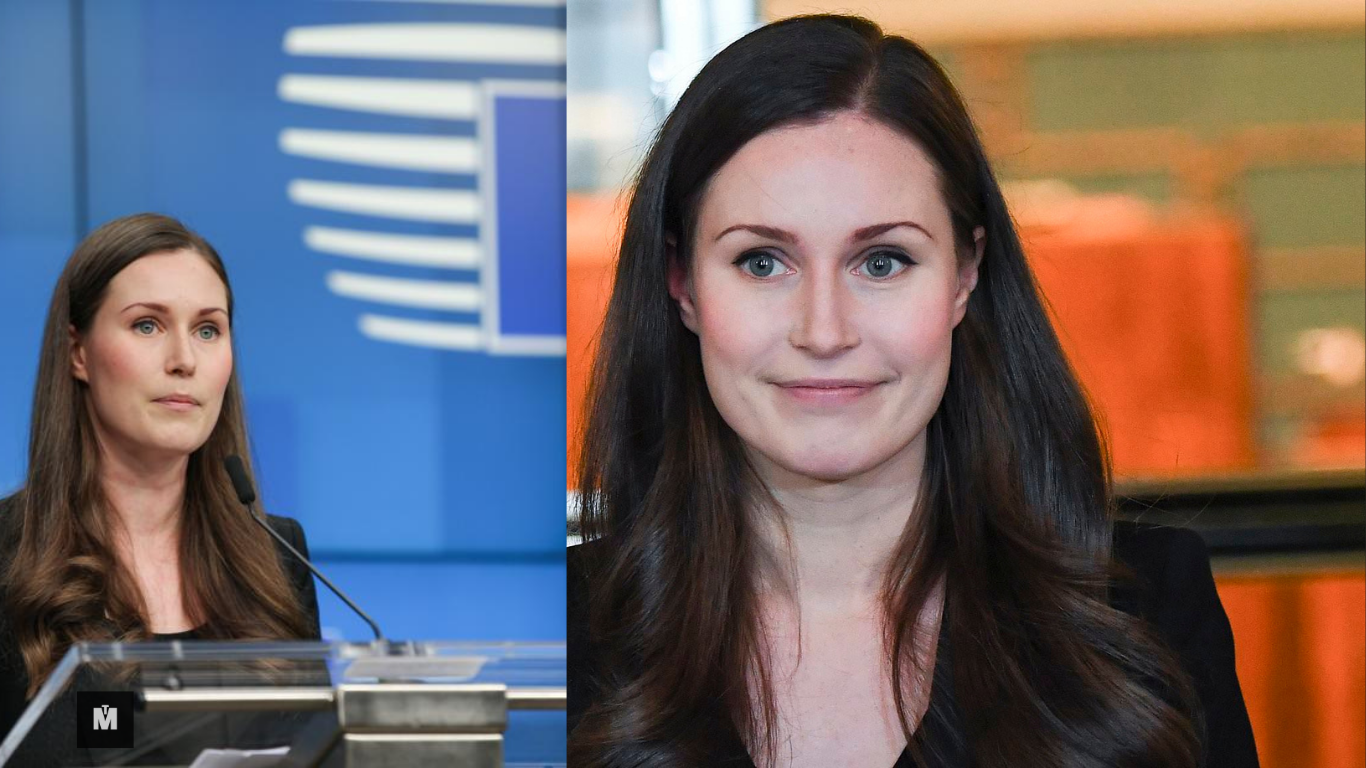Sanna Marin’s Vision: The Four-Day Workweek That Could Redefine Productivity

Rethinking the Future of Work
Finland’s former Prime Minister Sanna Marin (in office from 2019 to 2023) made global headlines with a bold proposal: a flexible work schedule where employees would work four days a week for six hours a day. Her vision challenged the traditional 9-to-5 routine and reignited global conversations about how — and how much — we should work.
The Idea Behind the Proposal
Marin’s proposal was rooted in a simple but powerful principle: a better balance between life and work can make people more productive and happier. Studies from countries like Sweden and Iceland have shown that shorter work hours often lead to higher efficiency, reduced stress, and improved overall well-being.
Marin argued that in an age of automation and advanced technology, humans should benefit from the progress they helped create — not work harder because of it. “People deserve more time to spend with their families, to pursue their passions, and to rest,” she said during her tenure.
A Global Conversation
While Finland did not officially adopt Marin’s proposal nationwide, her idea sparked international interest. Many companies across Europe have since experimented with four-day workweek trials, reporting increased productivity, lower burnout rates, and greater employee satisfaction.
Countries like the UK, Spain, and Japan have launched similar initiatives, suggesting that the concept may not be as radical as it once seemed.
Beyond Hours: A Shift in Values
At its core, Marin’s proposal wasn’t just about reducing hours — it was about redefining success in the workplace. Rather than measuring value by time spent, it emphasized creativity, quality, and human well-being.
As mental health becomes a central workplace issue, the idea of working smarter, not longer, continues to gain traction. Marin’s forward-thinking approach could serve as a blueprint for a more sustainable and compassionate economy.
The Workweek Revolution Ahead
Whether or not Finland formally adopts it, the four-day workweek represents a global shift toward flexibility, balance, and innovation. Marin’s proposal continues to inspire policymakers, CEOs, and workers worldwide to imagine what modern productivity could truly look like.
